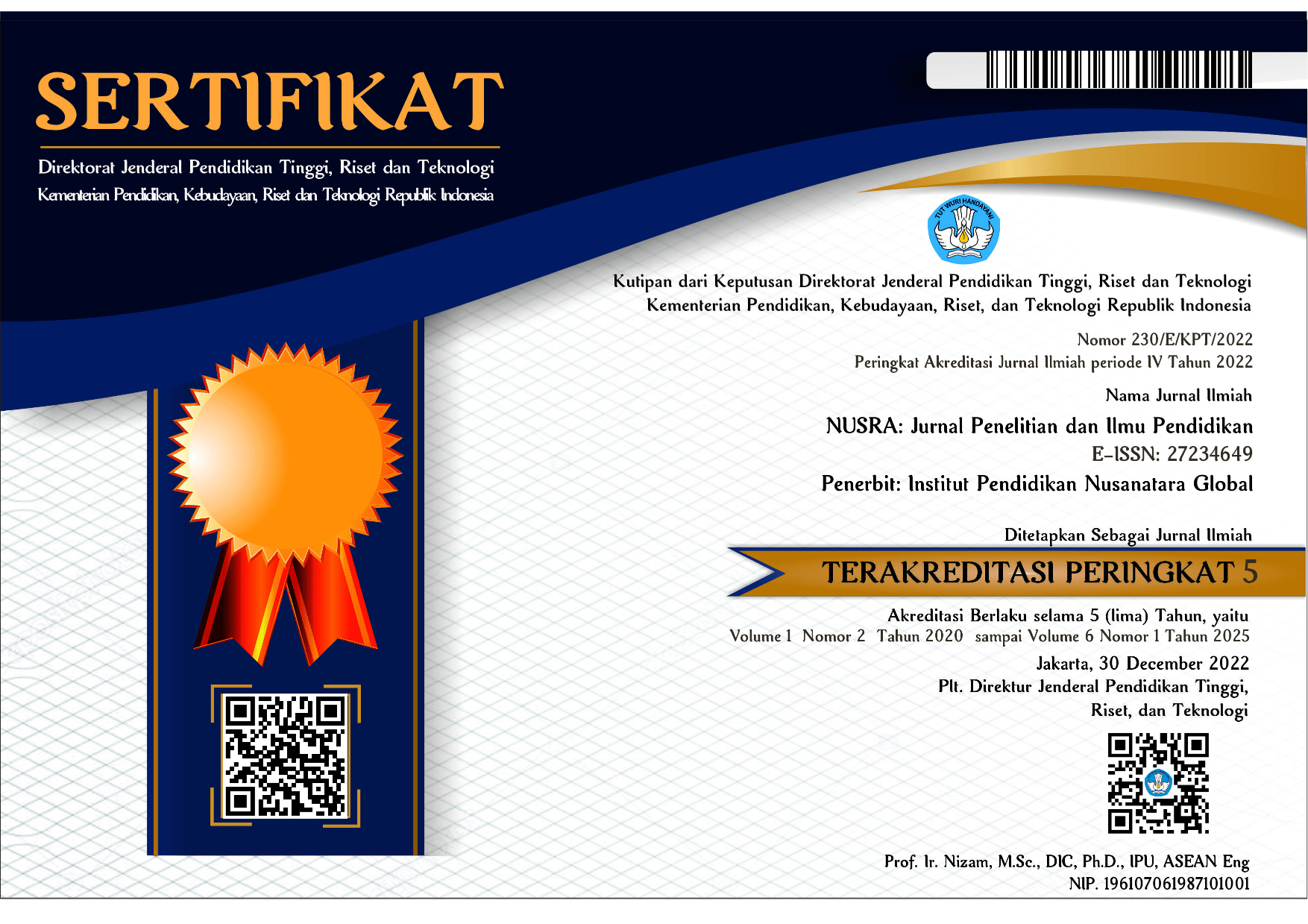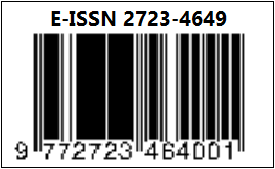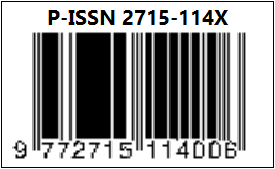Students’ Strategies to Decrease Anxiety in Speaking English Class at the Sixth Semester of the Informatics Engineering Study Program
DOI:
https://doi.org/10.55681/nusra.v5i3.3136Keywords:
Students’ Strategies, Anxiety, SpeakingAbstract
This study aimed to know the students’ strategies to decrease anxiety in speaking English class at the sixth semester of the informatics engineering study program. The researcher used descriptive method because it is referred to describe the students’ strategy anxiety. To collect the data, the instrument used in this study are classroom observations and questionnaire. The findings reveal that students engage in positive self-talk, visualization, regular practice, and relaxation techniques to boost their confidence. Peer support and feedback also play significant roles in creating a supportive learning environment. Classroom observations highlight the importance of a positive classroom atmosphere fostered by encouraging lecturers and collaborative activities. Additionally, the use of technology and institutional resources such as counseling services are found to be effective in reducing language anxiety.The questionnaire given includes five strategies namely preparation, relaxation, positive thinking, peer seeking, and resignation. The respondent of this research was the sixth semester of the informatics engineering study program which consisted of 32 students. So the researcher can conclude that the students gave agree about the strategy to reduce anxiety in speaking English. Where the strategy makes students can improve their skills, especially in speaking skills and make the students used the strategy where they speaking English. The research findings showed that students' agreement of Preparation was 101, Relaxation 117, Positif Thinking 121, Peer Seeking 110 and Resignation 108. It can be assumed that the percentage of human experience was 63%, for Preparation, 73% for Relaxation, 75% for Positive Thinking, 68,75 for Peer Seeking and 67,50% for Resignation
Downloads
References
Lilis Setiawan, dkk. (2021). Peningkatan kreativitas siswa pada pembelajaran tematik menggunakan pendekatan project-based learning. Jurnal Pembangunan dan Pendidikan : Fondasi dan Aplikasi Vol.8,No 2, 2020 (163-171).Universitas Kristen Satya Wacana. http://journal.uny.ac.id/index.php/jppfa
Dr. Ika Lestari, S.Pd., M.Si Linda Zakiah, M. P. (2017). Kreativitas Dalam Konteks Pembelajaran. In Erzatama Karya Abadi (Issue August).
Harwiyati, E., & Rohmawati, H. C. (2022). Penerapan Model Pembelajaran Project Base Learning Untuk Meningkatkan Prestasi Belajar Mata Kuliah Rias Fantasi Di Aks-Akk Yogyakarta. Jurnal Socia Akademika, 8(1), 26–32. https://aks-akk.e-journal.id/jsa/article/view/178
Mardhiyana, D., & Sejati, E. O. W. (2016). Mengembangkan Kemampuan Berpikir Kreatif dan Rasa Ingin Tahu Melalui Model Pembelajaran Berbasis Masalah. PRISMA, Prosiding Seminar Nasional Matematika, 1(1), 672–688.
Martha Tilaar. (2002). Indonesia Bersolek Jilid I. Jakarta: Grasindo.
Mashitoh, N. L. D., Sukestiyarno, Y., & Wardono, W. (2021). Creative Thinking Ability Based on Self Efficacy on an Independent Learning Through Google Classroom Support. Journal of Primary Education, 10(1), 79–88. https://journal.unnes.ac.id/sju/index.php/jpe/article/view/45248
Muslim. (2016). Jenis Penelitian Komunikasi. Progam Ilmu Komunikasi, FISIB, Universitas Pakuan 77, 1(10), 77–85.
Nelly Hakim, dkk. (2005). Kosmetologi Tata Kecantikan Kulit Tingkat Terampil. Jakarta: Yayasan Insani.
Oemar Hamalik. (2008). Proses Belajar Mengajar. Jakarta: Bumi Aksar
Riantiatno, N. (2011). Kitab teater. Jakarta: Gramedia Widisarana Indonesia
Santosa, E., Subagyo, H., Mardianto, H., et al (2008). Seni teater jilid II. Direktor Pembinaan Sekolah Menengah Kejuruan
Wahyuni, feni rita fiantika and sri. (2022). Metodologi Penelitian Kualitatif. In Metodologi Penelitian Kualitatif. In Rake Sarasin (Issue Maret).
Downloads
Published
How to Cite
Issue
Section
License
Copyright (c) 2024 Dholiful Hadi, Ulfa Yuliasari

This work is licensed under a Creative Commons Attribution-ShareAlike 4.0 International License.














